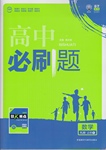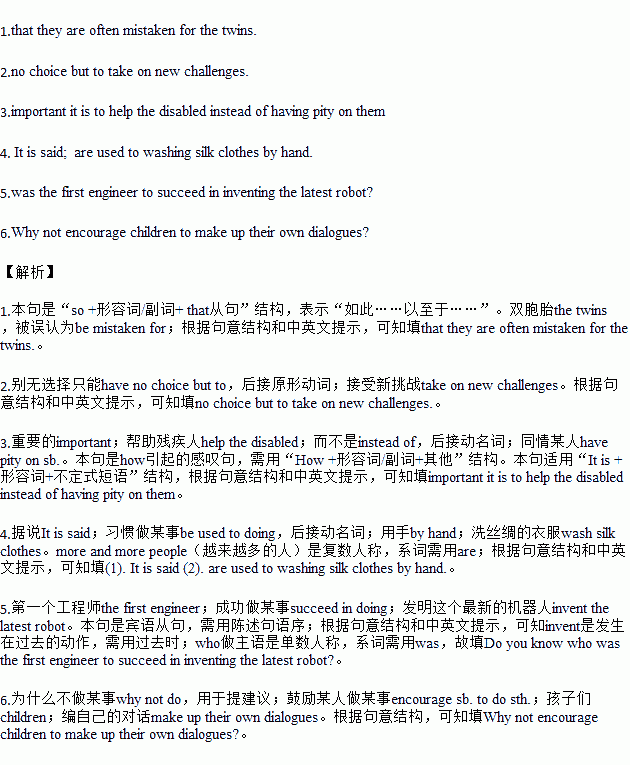МвДҝДЪИЭ
ёщҫЭЛщёшЦРОДНкіЙҫдЧУ
1.ЛыГЗіӨөГИзҙЛПаПсТФЦБУЪКұіЈұ»ОуИПОӘКЗЛ«°ыМҘЎЈ
They look so similar____________________________________________________________.
2.Simon ұрОЮСЎФс, Ц»ДЬҪУКЬРВМфХҪЎЈ
Simon had___________________________________________________________________.
3.°пЦъІРјІИЛ¶шІ»КЗН¬ЗйЛыГЗКЗ¶аГҙЦШТӘ°ЎЈЎ
How _______________________________________________________________________!
4.ҫЭЛөФҪАҙФҪ¶аөДИЛП°№ЯУГКЦПҙЛҝісөДТВ·ю
___________ more and more people ___________________________________________.
5.ДгЦӘөАЛӯКЗөЪТ»ёціЙ№Ұ·ўГчХвёцЧоРВ»ъЖчИЛөД №ӨіМКҰЈҝ
Do you know who___________________________________________________________?
6.ОӘКІГҙІ»№ДАшәўЧУГЗұаЧФјәөД¶Ф»°ДШЈҝ
_________________________________________________________________________?
 ёЯЦРұШЛўМвПөБРҙр°ё
ёЯЦРұШЛўМвПөБРҙр°ёToday letЎҜs meet ChinaЎҜs excellent diplomats(НвҪ»№Щ).
| Liu Xiaoming is ChinaЎҜs ambassador to the UK. An ambassador is a countryЎҜs highest representative (ҙъұн) sent to another country. Liu speaks fluent English and knows British culture well. He has done so excellent work that he is respected by the British people. |
| Hua Chunying is a Foreign Ministry Spokesperson (РВОЕ·ўСФИЛ). Spokespersons hold press conferences (јЗХЯ»б) from Monday to Friday, where they answer questions from both Chinese and foreign media(ГҪМе). Hua is good at answering harsh questions. China now has three spokespersons and Hua is the only woman. |
| Wang Yi is the Minister of Foreign Affairs(НвҪ»ІҝіӨ). He often visits foreign countries and represents China at international meetings. He also writes articles on newspapers explaining ChinaЎҜs foreign policies (ХюІЯ). Wang learned Japanese in college and was once the ambassador to Japan. |
1.The underlined word Ў°ambassadorЎұ means _______.
A. Ҫ»»»Йъ B. ҙуК№ C. №ЫІмФұ D. јЗХЯ
2.How many spokespersons does China have according to the passage?
A. One. B. Two. C. Three. D. Four.
3.Which of the following is TRUE?
A. Hua Chunying represents China at international meetings.
B. Wang Yi used to be the ambassador to Japan.
C. Spokespersons hold press conferences (јЗХЯ»б) at the weekends.
D. Liu Xiaoming is learning to answer harsh questions with Hua Chunying.




